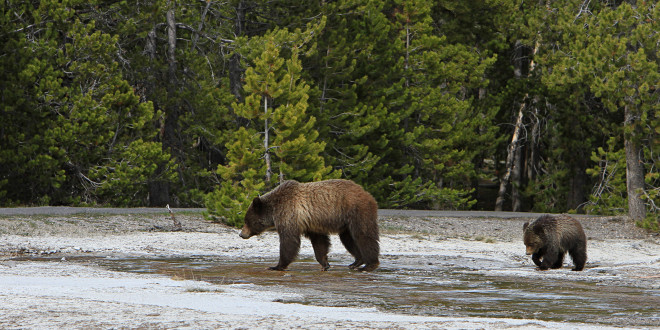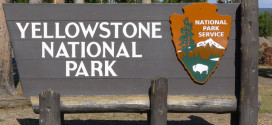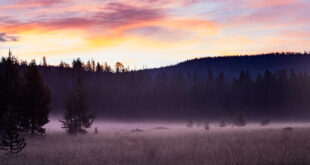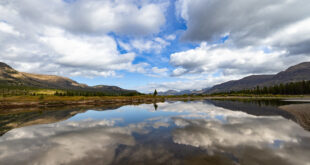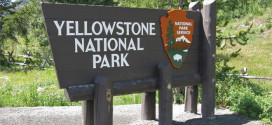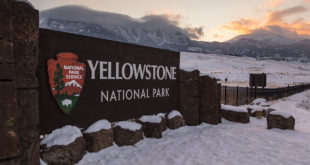Possible plans for grizzly bear management have started to take shape in the state of Wyoming.
The Wyoming Game and Fish Commission held a public hearing earlier this week on how the state plans to manage grizzly bears in the Greater Yellowstone Region—should they be delisted from the Endangered Species List. Earlier this month, we reported the U.S. Fish and Wildlife Service was hoping to delist the bears within the coming year. We noted, however, that this would likely face legal challenge from environmental/wildlife groups.
Indeed, several groups came together to file a pair of lawsuits aimed at stopping hunting within Grand Teton National Park, on “inholdings” of state and public land. The suit specifically aims to curb hunting of both grizzly bears and wolves.
Indeed, according to the Casper Star Tribune, this is shaping up to be a fearsome legal fight:
U.S. District Judge Rudolph Contreras in Washington, D.C., has sided with environmental groups that challenged a decision by the U.S. Fish and Wildlife Service to increase the future number of grizzlies that elk hunters at Grand Teton National Park could kill if necessary in self-defense. The judge rejected an overall challenge to elk hunting there.
Contreras ruled Tuesday that the Fish and Wildlife Service failed to document its decision to allow hunters to kill four grizzly bears over the next six years or so if necessary during the elk hunts at Grand Teton. The agency was compelled to consider increasing the number of bears it would allow to be killed there after hunters in 2012 killed a bear that confronted them.
Contreras stated in his ruling that he believes the agency would be able to substantiate its decision to allow the extra bears to be killed.
An attempt to reach a spokeswoman at Grand Teton was not immediately successful. Wyoming Attorney General Peter Michael, whose office intervened in the suit, declined comment.
Earthjustice attorney Timothy Preso in Montana represented the Sierra Club, Western Watersheds Project and Center for Biological Diversity in challenging the agency action.
Preso said Wednesday that grizzly bear mortality has been increasing in recent years as white bark pine trees have produced fewer seeds, forcing bears to range farther in search of meat and putting them in conflict with ranchers and hunters.
Preso said he expects environmental groups will assess the federal grizzly delisting proposal carefully and comment on it.
For months, ever since the news first broke last September, wildlife agencies in each Yellowstone state have been planning, to some degree, for a possible hunt. Indeed, as noted in the Tribune, grizzly hunting was previously permitted until the bears were listed as “Endangered” in 1975.
Thus far, Wyoming has taken the most initiative in forming a grizzly hunting plan, which is no surprise given that it has the largest likely share of the GYR grizzly population it would have to manage.
 Yellowstone Insider Your Complete Guide to America's First National Park
Yellowstone Insider Your Complete Guide to America's First National Park
